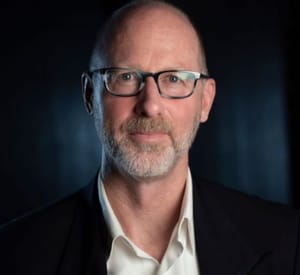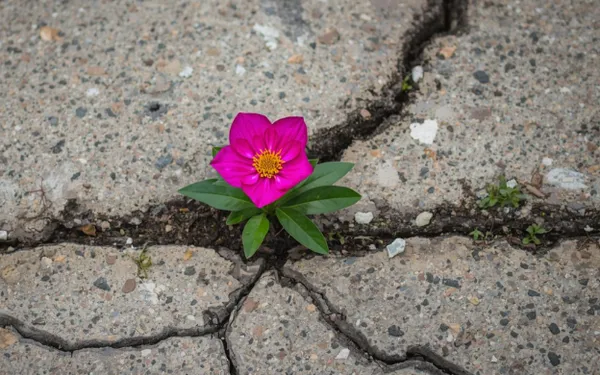A Croatian man who recently returned home after nearly four decades of living in New York City told me that despite the endemic corruption throughout Croatia, he feels safer and freer in his native country than he did during his final few years in the United States. “It’s nearly impossible to get anything done in Croatia that requires the government—that’s why the government here is limited in how much it can harm the people—not like what you see today in the US.”
I’ve always despised corruption. I see it as a corrosive influence that degrades society and limits the realization of potential among its people. At a minimum, corruption is a drag on efficiency. At worst, it creates arbitrary ceilings on individual and national growth, walling everyone off from building the life they have worked hard to attain. As a prime example, corruption is the main reason much of Africa remains disorganized, fractured, and undeveloped.
Corruption does have its benefits, though. For one, in many nations, corruption is not malicious. It is self-aggrandizing. It consists of bribes and other inducements that are required to see official tasks completed, such as obtaining permits for a home remodel or the release of parcels from customs. Most corrupt officials are too busy lining their pockets to be bothered with creating a plan to harm people directly. More important, corruption creates government gridlock and makes it nearly impossible for organized, central control to develop. Individual government officials and agencies compete with one another to siphon money from the public, which becomes their consuming focus. An avaricious, self-centered government is a weak government.
In medicine, certain infirmities are well-known to protect against other diseases. Sickle cell anemia, a genetically inherited blood dyscrasia common in Africa, famously confers protection from malaria, an infectious disease endemic throughout much of Africa. One might call sickle cell a handicap, because it produces painful “sickle cell crises” in individuals who have inherited the sickle cell gene from both parents. By lessening the severity of malaria infection, though, this genetic “handicap” leads to higher survival rates from malaria within that group, compared with the general population. In regions with endemic malaria, sickle cell may not be a bad insurance policy to own.
Today much of the world—all the West—is under attack by an organized group of powerful individuals in politics, media, and corporations. Using government as their tool, they have nearly destroyed our physical security, our physical health, our economy, our institutions, our culture, and our families. We have lost more in the past three years than at any time in human history. This has been made possible in western countries by strong, centralized governments that are not accountable to the people and are being supported by a mentally ill and characterologically deficient minority. The efficiencies made possible by a lack of state corruption produced a meteoric rise to success throughout Europe and the Anglophone nations since WWII. Now those same efficiencies are being used against us. Centralized “health bureaus” of one form or another, in concert with financial, educational, and cultural planning politbureaus, have been able to wield a degree of power over the most advanced segment of the world population that could never have occurred even one generation ago. Yes, Africa is a basket case, but, in many parts of Africa, there is more freedom to be found than here in the United States.
Would we be better off now with a corrupt, third-world style national, state, and local government system? In the long run, I prefer the traditional American republic with a blind judicial system, democratically elected representatives, and three government branches of balanced power. In the short run, however, could the situation really get much worse than it is now? I would choose bribery to obtain my driver’s license renewal over involuntary death by forced “vaccination” any day. No one in Croatia—or Tanzania—is forced to wear a mask to attend school. In those nations, your life’s savings cannot be digitally deleted by a capricious Treasury. And, as Matt Walsh clearly showed in his recent film What is a Woman, Africans laugh in your face when you suggest that little boys can wish themselves into becoming girls. They would laugh in the face of any public-school teacher, therapist, doctor, or politician just as readily. Africans know their government representatives are corrupt, so why take them seriously?
We Americans pretend to live a civilized life, but we no longer live in reality. Citizens of corrupt nations struggle, but they are clear about the difference between reality and fantasy. Without that distinction, a nation (and a people) becomes psychotic and can easily fall under the control of a truly evil, malicious regime. In the United States, we are nearly there. I vote for corruption.
PS The weather in Croatia is just as nice as California.
Mark McDonald, M.D.
Psychiatrist and author of United States of Fear: How America Fell Victim to a Mass Delusional Psychosis and Freedom From Fear: A 12 Step Guide to Personal and National Recovery








Member discussion